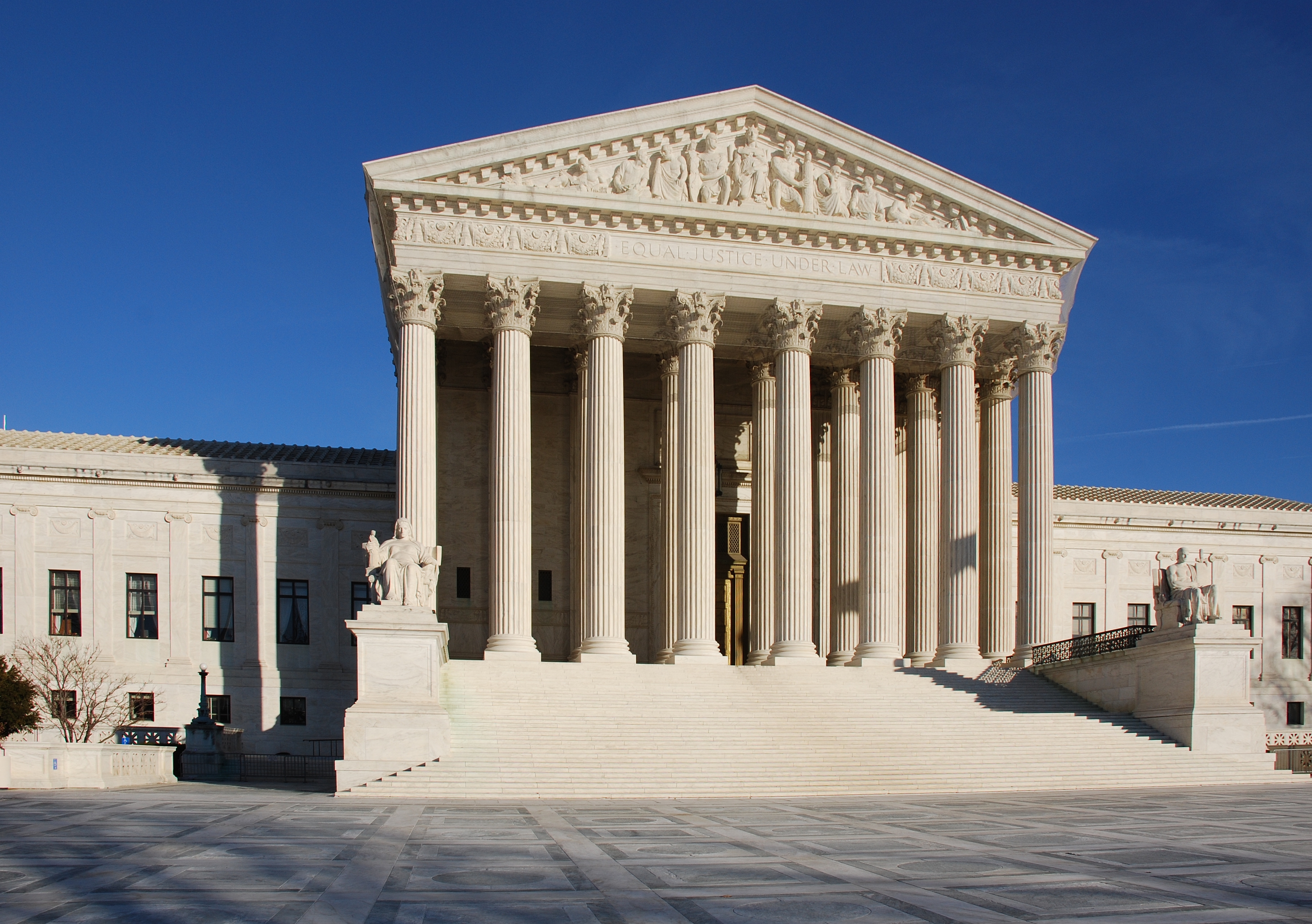US Supreme Court to consider when juveniles may get life without parole

The US Supreme Court agreed on Monday to decide whether judges must determine that juvenile offenders are incorrigible before sentencing them to die in prison. The case, involving a teenager who killed his grandfather, is the latest in a series of cases on the constitutionality of harsh punishments for youths who commit crimes before they turn 18.
The case, Jones vs Mississippi, concerns Brett Jones who had turned 15 in 2004 when his grandfather discovered his girlfriend in his room. The two men argued and fought, and the youth, who had been making a sandwich, stabbed his grandfather eight times, killing him.
In 2005, Jones was convicted of murder and sentenced to life without the possibility of parole, the mandatory penalty under state law.
In 2012, in Miller vs Alabama, the US Supreme Court ruled that automatic life sentences for juvenile offenders violated the Eighth Amendment’s ban on cruel and unusual punishment. The decision repeatedly criticised mandatory sentences, suggesting that only ones in which judges could take account of the defendant’s age were permissible.
In Montgomery vs Louisiana in 2016, the court made the Miller decision retroactive.
In the process, it seemed to read the Miller decision to bar life without parole not only for defendants who received mandatory sentences but also “for all but the rarest of juvenile offenders, those whose crimes reflect permanent incorrigibility.
After the U.S. Supreme Court’s decision in Miller, the Mississippi Supreme Court granted Jones a new sentencing hearing.
After the hearing, the trial judge re-sentenced Jones to life without parole. “The court did not find that Brett was permanently incorrigible, nor did it acknowledge that only permanently incorrigible juvenile homicide offenders may be sentenced to life without parole,” Jones’s lawyers told the U.S. Supreme Court in their petition seeking review. “In fact, it did not address Brett’s capacity for rehabilitation at all.”
The question of whether judges must find that juvenile offenders are incorrigible before sentencing them to die in prison has divided state supreme courts in the US.
Sign up for our weekly newsletter to stay up to date on our product, events featured blog, special offer and all of the exciting things that take place here at Legitquest.




Add a Comment